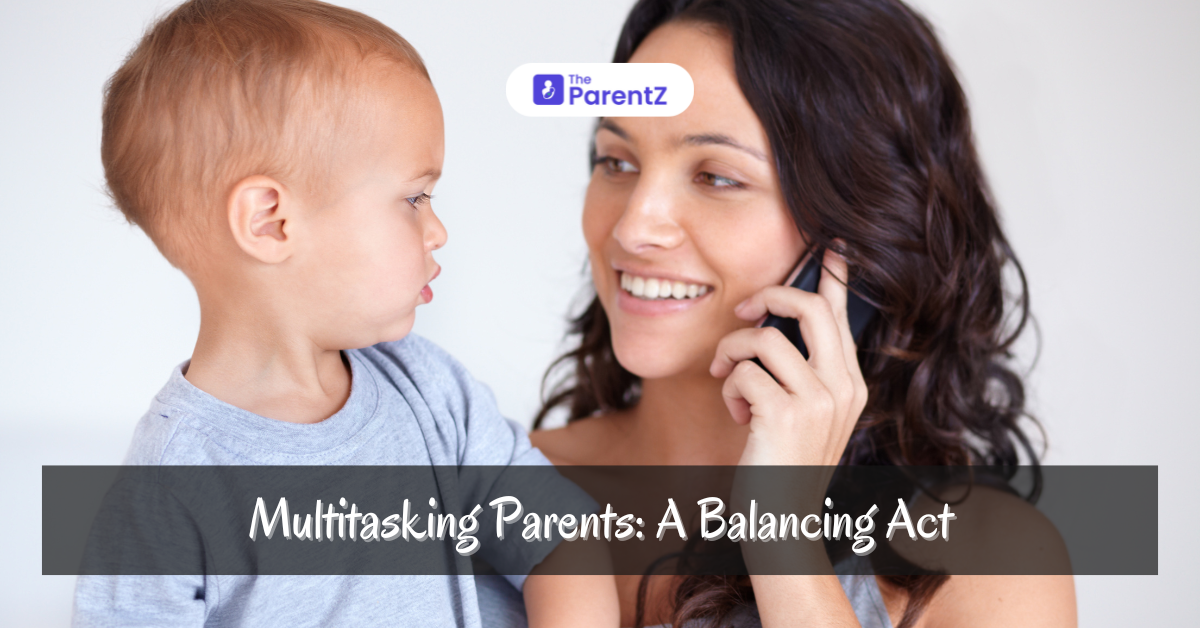In today’s fast-paced world, it’s common for both parents to work. The demands of career and family often intertwine, creating a complex tapestry of responsibilities. This juggling act, usually referred to as multitasking, has become a way of life for many parents. But is it a superpower or a stumbling block?
Let’s be clear: there’s no judgment here. Parenting is tough, and every parent is doing their best. The pressures of modern life can be overwhelming, and sometimes, multitasking seems like the only way to keep everything afloat.
The Multitasking Parent: A Superpower or a Challenge?
On one hand, multitasking can feel like a superpower. The ability to handle multiple tasks simultaneously can give parents a sense of accomplishment and efficiency. It’s impressive how parents can switch gears from a work call to a child’s tantrum in the blink of an eye. This adaptability is undoubtedly a strength.
However, while multitasking might seem like a solution, it can also be a source of stress and burnout. Constantly switching between tasks can be mentally draining and impact the quality of attention given to both work and family.
The Child’s Perspective
Children are incredibly perceptive. They pick up on their parents’ emotions and behaviors. While they might not articulate it, constant multitasking can make children feel:
- Ignored: Children might feel overlooked or unimportant when parents are constantly distracted.
- Anxious: The hectic atmosphere can create a sense of unease.
- Overwhelmed: Children might need help to cope with the fast-paced environment.
It’s important to remember that children thrive on undivided attention. Even short bursts of focused interaction can make a big difference in their emotional well-being.
The Toll on Parents
Multitasking can take a toll on parents, too. It can lead to:
- Increased stress: Juggling multiple responsibilities can be overwhelming.
- Reduced productivity: While counterintuitive, multitasking can actually decrease productivity.
- Burnout: The constant pressure to do everything can lead to physical and emotional exhaustion.
Finding a Balance
So, what’s the solution? The key is to find a balance. Here are some tips:
- Prioritize: Determine what’s most important at any given moment.
- Create boundaries: Set aside specific times for work and family.
- Delegate: Don’t be afraid to ask for help.
- Practice mindfulness: Taking short breaks to focus on the present moment can help reduce stress.
- Communicate: Having open communication with your partner about your feelings and needs is important.
- Seek support: Try to connect with other parents who are facing the same issue to share experiences and advice.
Conclusion
Remember, it’s okay not to be perfect. Parenting is a never-ending journey, and there will be ups and downs. Be kind to yourself and celebrate small victories.
Ultimately, your goal should be to create a harmonious environment where you and your children feel loved, supported, and valued. It’s about finding a balance that works for your family, and that’s okay if it changes over time.








Be the first one to comment on this story.